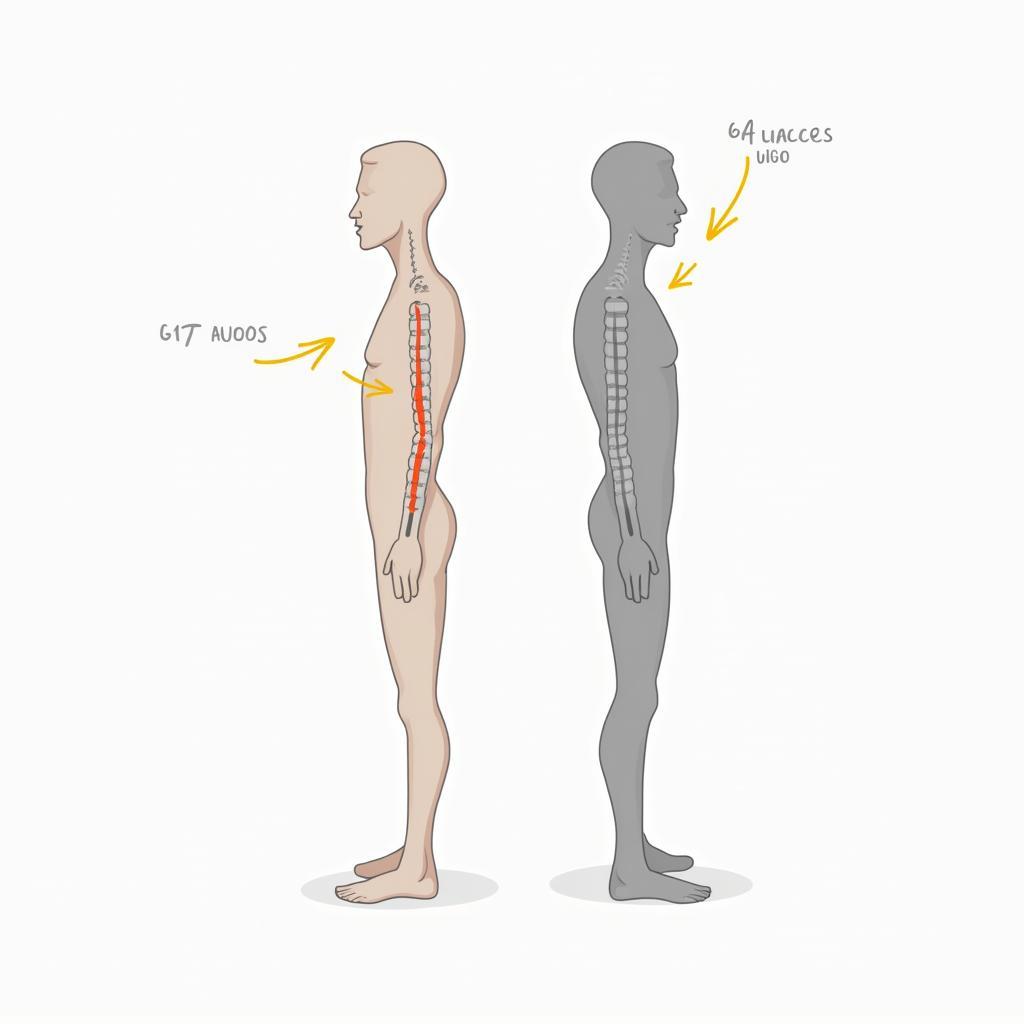Welcome to our comprehensive guide on the term “muscle tone” and its relevance in the IELTS exam. As an experienced IELTS instructor, I’ll help you understand, remember, and effectively use this important vocabulary in your test preparation.
Introduction to “Muscle Tone”
Definition: Muscle tone refers to the continuous and passive partial contraction of muscles, or the muscle’s resistance to passive stretch during resting state.
Part of speech: Noun
Pronunciation: /ˈmʌsl təʊn/
Understanding the Context of “Muscle Tone”
Examples in Context
-
Strong muscle tone is essential for maintaining good posture and preventing back pain.
Analysis: This sentence highlights the importance of muscle tone in everyday health, linking it to posture and pain prevention.

-
Athletes often focus on improving their muscle tone to enhance performance and reduce the risk of injuries.
Analysis: Here, we see the relevance of muscle tone in sports and athletic performance. -
Yoga and Pilates are excellent exercises for developing muscle tone without bulking up.
Analysis: This example introduces specific exercises that can improve muscle tone, useful for IELTS Speaking or Writing tasks about fitness.
-
As we age, our muscle tone naturally decreases, making strength training more important for older adults.
Analysis: This sentence connects muscle tone to aging and health, a common topic in IELTS essays or speaking tests. -
Poor muscle tone can lead to balance issues and increased risk of falls in elderly individuals.
Analysis: This example demonstrates the health implications of inadequate muscle tone, particularly relevant for IELTS Task 2 essays on health or aging.
Common Contexts
“Muscle tone” is frequently discussed in contexts related to:
- Health and fitness
- Sports and athletics
- Physical therapy and rehabilitation
- Aging and geriatric care
- Neurology and muscle disorders
Frequency in IELTS
While “muscle tone” isn’t extremely common in IELTS, it can appear in:
- Reading passages about health, fitness, or biology
- Listening sections discussing exercise or medical topics
- Writing Task 2 essays on health, aging, or sports
- Speaking Part 3 when discussing fitness trends or health issues
Analyzing “Muscle Tone”
Word Structure
- “Muscle”: refers to the body tissue that can contract to produce movement
- “Tone”: in this context, means the state of tension or firmness
Synonyms and Antonyms
Synonyms:
- Muscle firmness
- Muscular tension
- Muscle tautness
Antonyms:
- Muscle laxity
- Muscle flaccidity
- Muscle weakness
Techniques for Remembering “Muscle Tone”
Mind Mapping
Create a mind map with “muscle tone” at the center, branching out to related concepts:
- Exercise types (strength training, yoga)
- Health benefits (posture, balance)
- Factors affecting muscle tone (age, activity level)
- Related medical terms (hypertonia, hypotonia)
Mnemonic Device
Remember “muscle tone” with this phrase: “Maintain Useful Strength Continuously, Letting Everyday Tasks Operate Normally Effortlessly” (MUSCLE TONE).
Practicing “Muscle Tone” Usage
Application Exercises
- Write a paragraph about the importance of maintaining good muscle tone as we age.
- Describe how different exercises can improve muscle tone for an IELTS Speaking Part 2 task.
- For Writing Task 2, draft an essay outline discussing the role of muscle tone in overall health and fitness.
Repetition and Review
Set reminders to use “muscle tone” in your daily English practice. Try incorporating it into conversations about health, fitness, or aging to reinforce your understanding and usage.
Conclusion
Understanding and correctly using “muscle tone” can significantly enhance your IELTS performance, especially in health and fitness-related topics. Remember to practice using this term in various contexts to fully integrate it into your active vocabulary.
We encourage you to start using “muscle tone” in your IELTS preparation immediately. Share your experience or ask questions about this term in the comments below. How might you use “muscle tone” in an IELTS essay or speaking test?
For more IELTS vocabulary and preparation tips, check out our articles on the importance of sleep for overall health and how to describe a place you like to exercise in IELTS speaking. These resources will help you build a comprehensive vocabulary for health and fitness topics in IELTS.